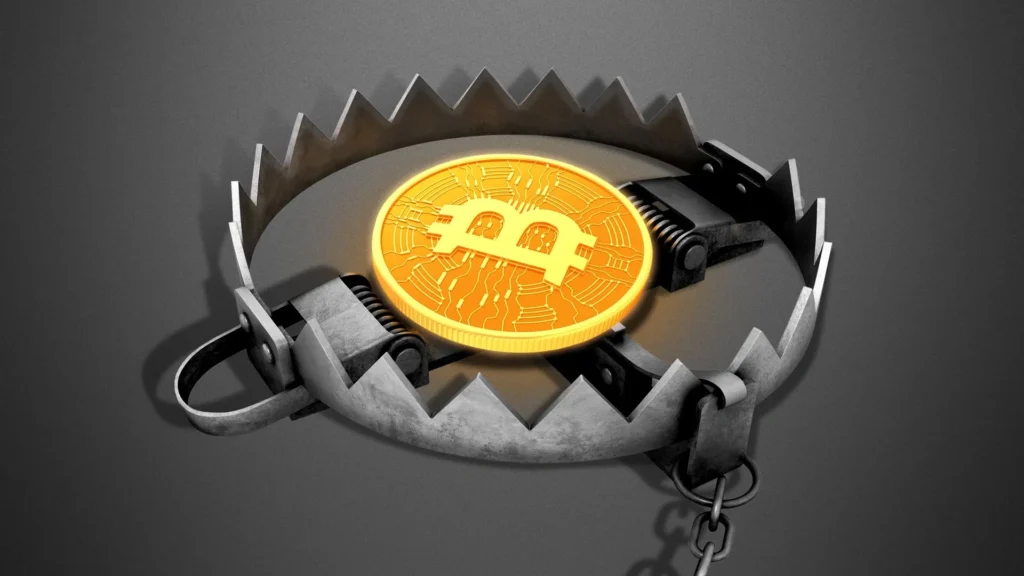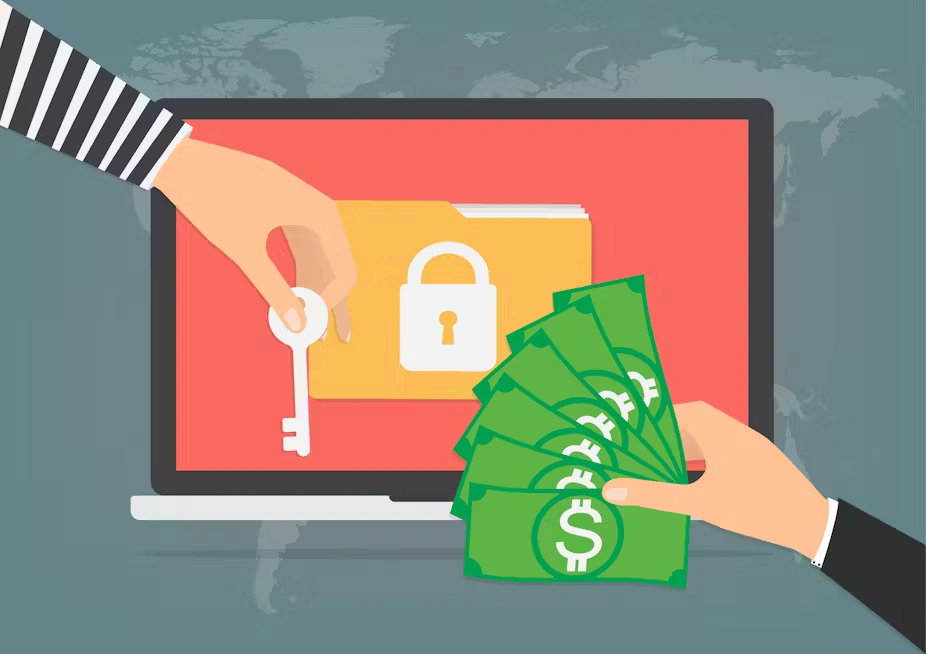How to Spot the Top 10 Common Crypto Traps (Before It’s Too Late)
Let’s be honest—crypto is equal parts thrilling and confusing. It’s fast-paced, a bit wild, and yeah, full of risk. But beyond just price volatility, there’s another danger many overlook: common crypto traps. These aren’t just newbie mistakes… even experienced traders have been burned.
We’re not talking minor slip-ups here. These traps can wipe out wallets, wreck reputations, and leave you wondering what just happened. So, whether you’ve just downloaded your first wallet or have been staking tokens for years, this list is worth your time.
Common Crypto Traps: Don’t Fall for Fake Celebrity Endorsements
Sounds familiar? You’re scrolling social media and—bam—there’s a post claiming Elon Musk is backing a new coin. Except… he’s not. Scammers love using deepfakes or hacked accounts to promote fraudulent tokens. It looks legit, feels exciting, and moves fast. That’s the trick. Always double-check the source. And if it feels rushed? Step back.

Rug Pulls Disguised as Hot Projects
You buy into a new token. Website looks clean, whitepaper seems solid, and the hype is everywhere. Then poof—the devs vanish, the liquidity dries up, and the token is worthless. That’s a classic rug pull. No, not a new dance move. It’s one of the most common crypto traps, especially in DeFi spaces where anyone can launch a token in minutes.

Ponzi Schemes Masquerading as Passive Income
“Stake this coin and earn 15% daily!” …Sure. While there are legit staking platforms, if the returns sound absurd—it’s probably a Ponzi. These schemes pay early investors with new investor money. It works—until it doesn’t. When the flow stops, the whole thing collapses. You don’t want to be holding the bag.
Phishing Scams (They’re Smarter Than You Think)
Not all crypto traps are flashy. Some are quiet. You get an email that looks like it’s from your wallet provider. Or a support rep reaches out in Telegram. “Just verify your private key…” and you’re drained. Double-check URLs, never share private keys, and remember—real support teams don’t DM first.

One of the Most Common Crypto Traps: Impersonation Tokens
Looks like Bitcoin. Trades like Bitcoin. Even has the same logo. But it’s not Bitcoin. These tokens mimic real ones to trick users into buying or swapping. Some even go by similar tickers. If you’re not paying close attention, it’s easy to get duped. Always confirm the token address—always.
“Guaranteed Profit” Trading Bots
Some bots are great—efficient, fast, emotionless. But others? Complete scams. You send your funds to a bot that promises 300% returns, and suddenly… no more funds, no more bot. Anything that guarantees profit in crypto is waving a big red flag.

How Fake Wallet Apps Steal Your Funds
You download a wallet app from what looks like the Google Play store. It installs fine. You transfer your crypto in. And it’s gone. Some fake apps clone the look and feel of real ones—only to steal private keys the moment you set up. Always get wallets directly from official websites.

Airdrop Scams is One of the Common Crypto Traps
“Claim your free tokens!” Tempting, right? But some airdrops are designed to lure users to connect wallets to malicious contracts. Others bait you into sharing personal info. A legitimate airdrop shouldn’t ask for private keys. Ever.
FOMO-Driven Pump and Dumps
A random coin spikes 500% overnight. You rush in, thinking you’ll catch the next leg. And then—dump. Early movers sell, price crashes, and you’re left wondering how you fell for it. Common crypto traps like this play on our emotions. FOMO is real, and it’s profitable—for someone else.

Unverified Smart Contracts
You interact with a new DeFi protocol. The interface looks fine, but the contract? Unverified, unchecked, and potentially dangerous. Some malicious contracts can approve unlimited spending or transfer your tokens without warning. If you don’t understand the contract, don’t use it. Simple as that.
Final Thoughts: Don’t Let Common Crypto Traps Catch You
At the end of the day, crypto is about taking control of your assets. But that also means taking responsibility. There’s no bank to call, no chargebacks, no second chances. These common crypto traps are everywhere, and they evolve fast. But with a bit of skepticism, some research, and—let’s face it—common sense, you can steer clear of the worst of them.
Remember: if something sounds too good to be true in crypto… yeah, it probably is.
Relevant news: here




